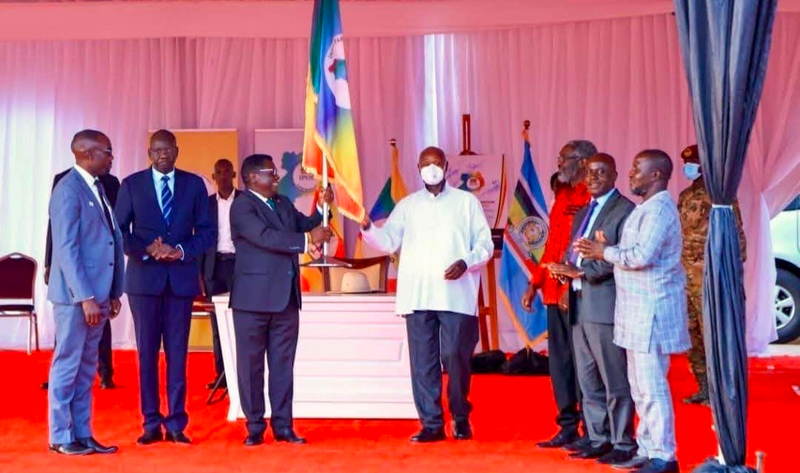
Presidential candidates in Uganda’s upcoming 2026 general elections may meet face-to-face in a national debate, a proposal currently under consideration by the Inter-Party Organisation for Dialogue (IPOD).
If it proceeds, this event would represent Uganda’s third presidential candidates’ debate since the country resumed multiparty politics. The previous one was held in 2016 and brought all contenders onto a shared platform. That occasion was hailed by some as “a small victory for democracy.”
With candidates now traversing the country in search of support, IPOD believes a new debate could provide a meaningful space to encourage issue-driven politics, equal representation, and accountability.
The event, though not yet officially scheduled, is expected to take place ahead of the January 2026 elections. It marks another effort to entrench presidential debates as part of Uganda’s democratic processes—an endeavor that has faced challenges since its 2016 introduction.
In countries such as the United States, presidential debates are a well-established part of the election cycle, helping voters make informed decisions.
Dr. Lawrence Sserwambala Kabagabe, Executive Director of IPOD, emphasized that the debate initiative aligns with the organization's Memorandum of Understanding, which brings together member parties including the NRM, FDC, DP, UPC, and JEEMA. Under this agreement, these parties have pledged to foster political dialogue and public engagement as key components of democratic governance.
“Presidential debates are critical in shaping informed choice and promoting tolerance among political competitors,” said Dr. Kabagabe. He added that the debates are intended to help citizens assess candidates based on policy proposals rather than personal attributes.
However, he noted that the success of such an initiative would rely heavily on several factors, including candidate willingness to participate, the impartiality of moderators, the extent of media coverage, and the general public’s trust in the fairness of the process.
IPOD previously facilitated the 2016 and 2021 debates in partnership with the Elders’ Forum and the Inter-Religious Council of Uganda (IRCU), a coalition representing the country’s main faith institutions.
While the 2016 debate was seen as an important step toward voter education, it was notably affected by President Yoweri Museveni’s absence due to “scheduling conflicts.” The 2021 edition encountered additional hurdles from COVID-19 restrictions and a lack of participation by key candidates, which significantly limited its influence.
In July 2025, the Inter-Religious Council reiterated its commitment to peaceful political engagement. John Osapiri, IRCU’s Team Leader for Legal and Policy Advocacy, announced the rollout of a National Mobilization Strategy and confirmed that a pastoral letter had been issued, urging political actors to prioritize peace and promote unity “in their respective spaces.”
The Council reaffirmed its ongoing support for initiatives that strengthen coexistence and national harmony.
Godfrey Kiwanda Ssuubi, who heads the National Consultative Forum (NCF)—a platform fostering dialogue among political parties—applauded IPOD’s efforts, calling the initiative “a crucial step toward fostering national unity and cooperation.”
In September 2025, the Netherlands Institute for Multiparty Democracy (NIMD), in collaboration with the European Union, launched the “Let’s Talk Peace Campaign.” This initiative aims to reinforce existing efforts toward peaceful, informed, and inclusive electoral participation.
The planned debate also received backing from former External Security Organisation (ESO) Director General David Pulkol. He described it as “a crucial opportunity to promote peaceful elections, not just the absence of violence, but the presence of informed, engaged, and responsible citizens.”
Pulkol pointed out that Uganda’s electoral landscape has long grappled with election-related violence, which he characterized as a persistent threat to democratic governance, political stability, and national security.
As of now, the Electoral Commission has nominated eight presidential candidates for the 2026 polls. These include:
Yoweri Kaguta Museveni – National Resistance Movement (NRM), Robert Kasibante – National Peasants’ Party, Elton Joseph Mabirizi – Conservative Party, James Nathan Nandala Mafabi – Forum for Democratic Change (FDC), Gregory Mugisha Muntu – Alliance for National Transformation (ANT), Kyagulanyi Ssentamu Robert (Bobi Wine) – National Unity Platform (NUP), Mubarak Munyagwa – Common Man’s Party (CMP), Frank Bulira Kabinga – Revolutionary People’s Party (RPP)

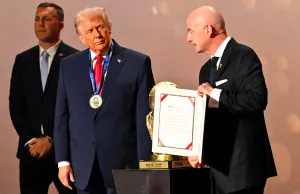
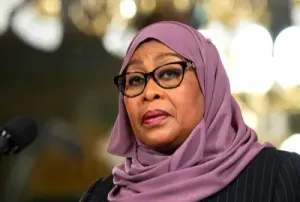
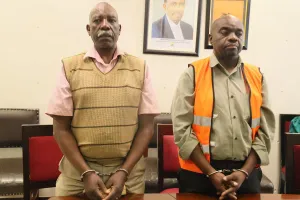
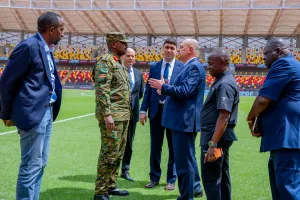
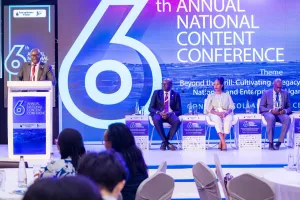





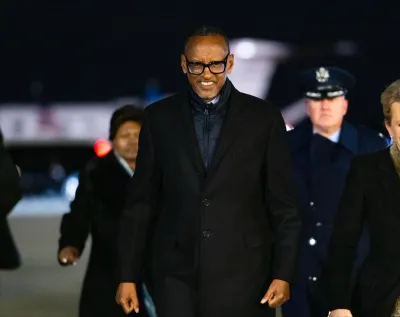
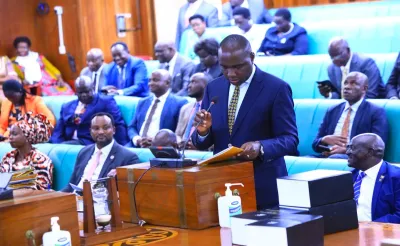

Marlene Luwedde
Leave a Comment
Your email address will not be published.